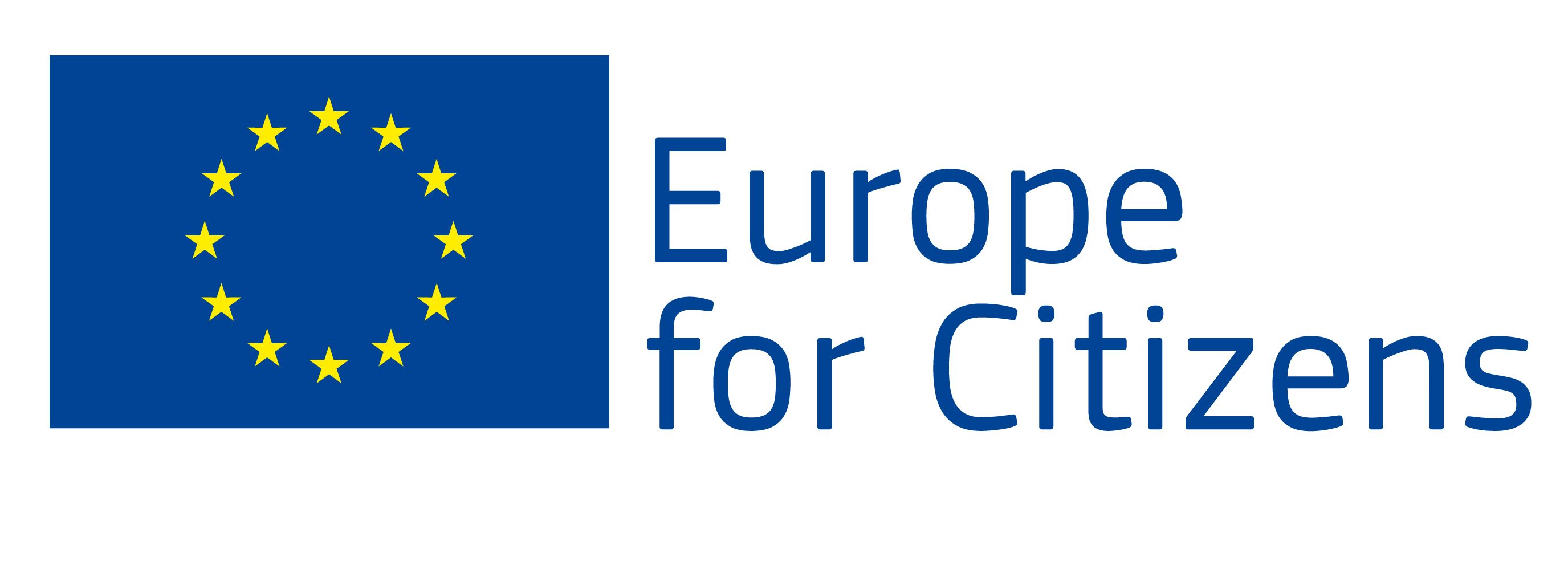Europe for Citizens programme – a direct line between citizens and the EU institutions

The European Association for Local Democracy (ALDA) – just like Social Platform – is a beneficiary of funding from the Europe for Citizens programme. On 22 March ALDA invited a group of young people that had benefitted from their projects to the European Parliament. Ms Marıá Teresa Gimevnez Barbat, Member of the European Parliament opened the meeting. Ms Gimevnez Barbat authored the European Parliament’s report on the implementation of the Europe for Citizens programme 2014-2020. As Social Platform we welcome the report, and as Ms Gimevnez Barbat said – reaching 500 million voices is an important investment for active inclusion and participation for all.
The Europe for Citizens programme is a unique EU funding programme that aims to contribute to citizens’ understanding of the EU, foster European citizenship, and improve conditions for civic and democratic participation at EU level. As Antonella Valmorbida, Secretary-General of ALDA, put it, “it is a phone line between citizens and the EU institutions”, and Europe is not Brussels, it is “in every corner of our communities”.
Integration is the responsibility of Member States, but the EU can still do a lot by coordinating policy and funding actions, said Mr Gilles Pelayo, Head of Office of the Europe for Citizens Programme. Some of the multiannual priorities of the Europe for Citizens programme include intercultural dialogue, active citizenship of migrants, and developing volunteering activities with regards to refugees’ needs. Mr Pelayo welcomed the alignment between ALDA’s projects and the EU Action Plan on integration of third-country nationals, highlighting that there are also other funding opportunities on integration, such as the Asylum, Migration and Integration Fund (AMIF). Mr Pelayo welcomed civil society organisations that work, from a bottom-up approach, on a local, transnational and European level, involving different stakeholders such as local authorities and academia.
How can we create exit strategies that take into account continuity and sustainability when an EU-funded project comes to an end? This was an interesting question raised by a participant. I responded that we should encourage more exchange between beneficiaries of different EU funding programmes, including Europe for Citizens, to learn from success stories of when an EU-funded project has inspired and convinced local and regional authorities to continue the activity and ensure funding. One of the migrant inclusion projects that Social Platform visited in Sweden at the end of last year started as a small EU-funded project, and resulted in an established and successful enterprise. Watch the videos of Yalla Trappan and other successful inclusion projects in southern Sweden.
One of ALDA’s projects co-funded by Europe for Citizens took place in Milan, Lisbon and Barcelona and was run in partnership with civil society and local authorities. The project organised activities enabling young people to meet locally as well as on a European level. One of the outcomes was the importance of communicating better and in a more personalised fashion in order to reach young people with information about what services and support exist for them, for example, via social media such as Facebook. Another project with young Europeans, aged 16-30 years, resulted in a manifesto with recommendations to the EU. Some of the proposals were that the EU should promote European civic education in schools; promote common rules to facilitate citizenship for people born and raised in Europe; use and value social media to reach young people; promote welfare policies such as adequate housing; and paid internships.













































